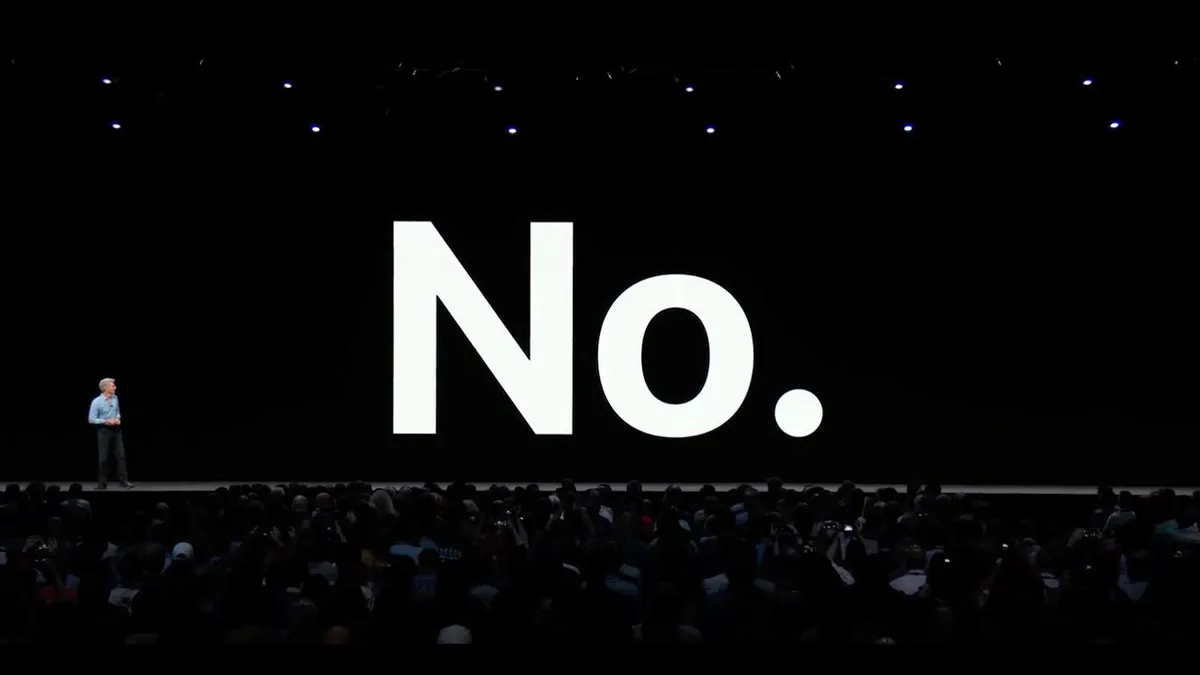
Every year between 2015 and 2024, a noteworthy tradition unfolded as at least one Apple executive participated in an interview with Daring Fireball's John Gruber for a special episode of his podcast, The Talk Show, during the annual WWDC event. This annual gathering provided a platform for Apple leaders to share insights and discuss the latest advancements in technology.
For instance, in the previous year, Apple's software engineering chief, Craig Federighi, marketing chief Greg Joswiak, and top AI researcher, John Giannandrea, graced the stage at the California Theatre in San Jose. They engaged in a lively discussion surrounding topics such as Apple Intelligence and other critical innovations. This interaction exemplified Apple's commitment to transparency and open dialogue with its community.
However, last month, this decade-long tradition faced an abrupt halt as Apple declined Gruber's invitation for this year's special episode. The shift in Apple's engagement strategy comes on the heels of a blog post published by Gruber that was notably critical of the tech giant. In this piece, Gruber alleged that Apple presented a misleading narrative at WWDC 2024, specifically regarding the capabilities of a more personalized Siri, which he claimed was not ready for release and has since faced delays.
Gruber's commentary raised significant concerns about Apple's credibility, suggesting that it might indicate deeper issues within the company. Understandably, Apple was not pleased with Gruber's assessment and felt it was unjust. In a recent episode of the Channels podcast, Gruber shared his insights with Business Insider's Peter Kafka, emphasizing that Apple's displeasure stemmed from his critical blog post.
Despite the tension, Gruber perceives Apple's decision to skip the podcast as a significant victory for himself. "I'm not trying to lack humility here — but I feel them deciding not to do my show this year is a total win for me and was a huge loss for them," Gruber stated. His assertion reflects a sense of independence and professional integrity, suggesting that Apple's absence ultimately enhances his credibility.
Gruber believes that this situation not only elevates his status but also casts a shadow on Apple's reputation. "I think it asserts my independence," he argued. "More than making me look good, I think it makes them look bad." This perspective highlights the intricate dynamics between tech commentators and major companies like Apple, showcasing how public discourse can shape brand perceptions.
For the upcoming WWDC 2025 episode, Gruber pivoted by interviewing prominent tech journalists, including The Wall Street Journal's Joanna Stern and The Verge's Nilay Patel. This change in guests signifies a shift in Gruber's approach and underscores his adaptability in the evolving landscape of technology discussions.
In conclusion, the departure from tradition regarding Apple's participation in Gruber's podcast raises questions about corporate transparency and public relations. As the tech world continues to change, the implications of such decisions will likely resonate within the industry for years to come.